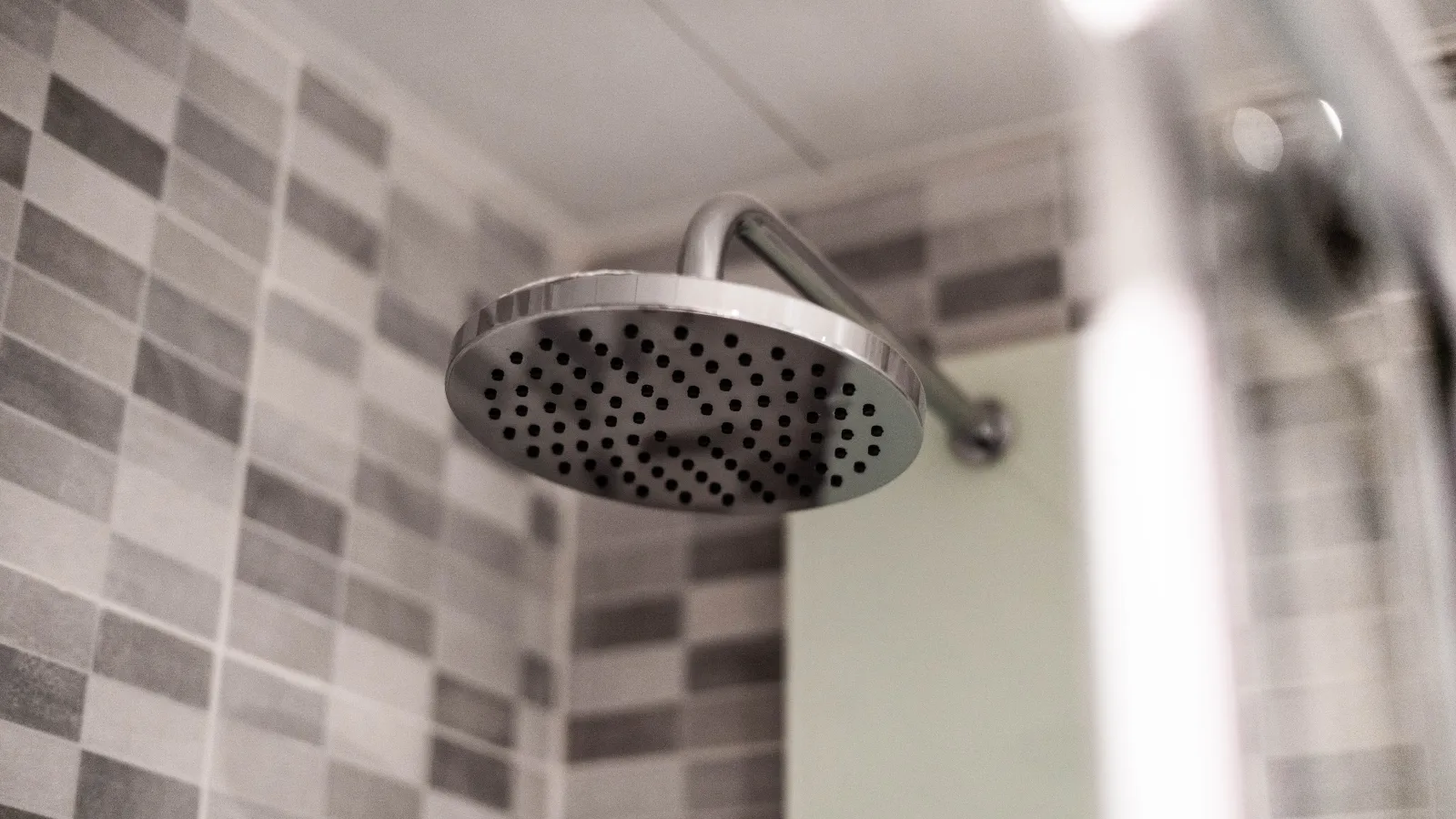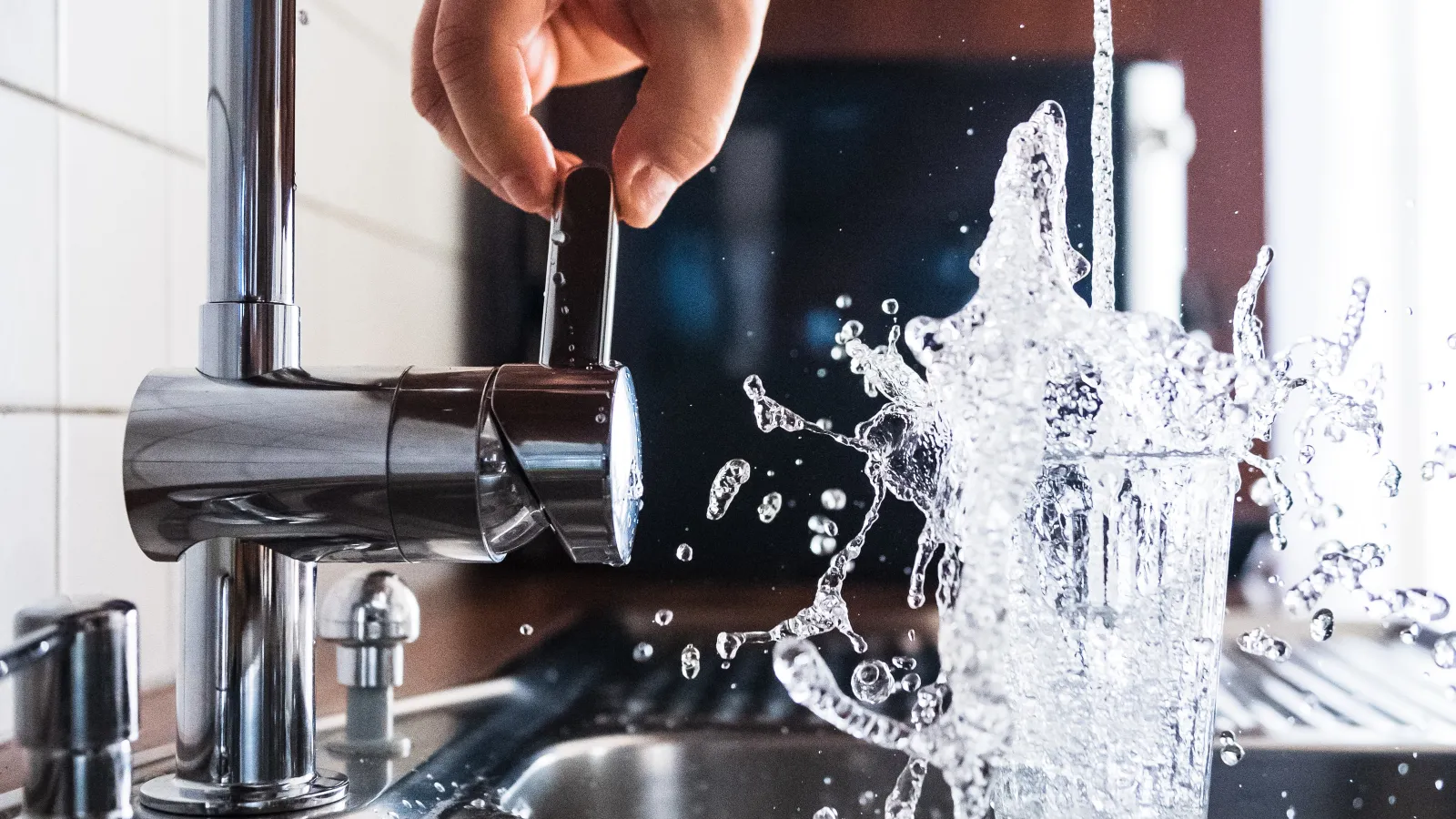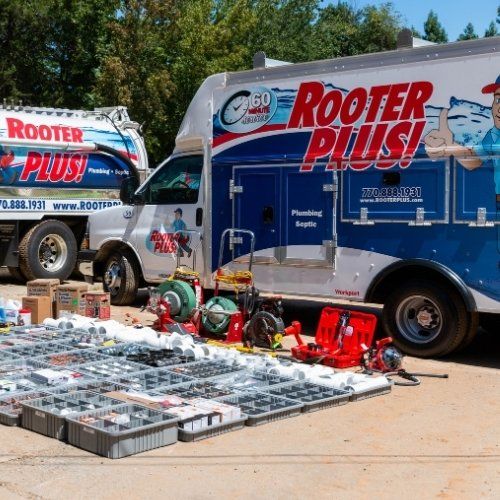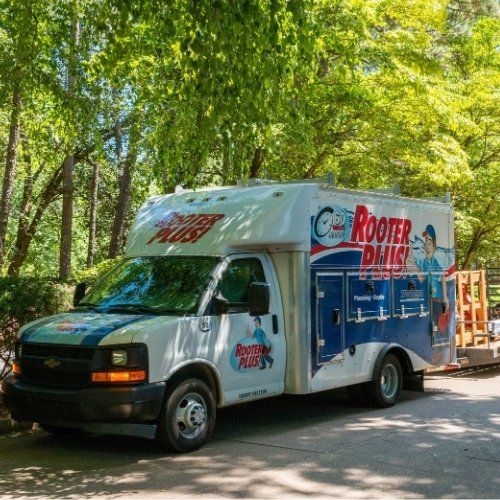Discount may not be combined with any other offers. Limit one coupon per customer.
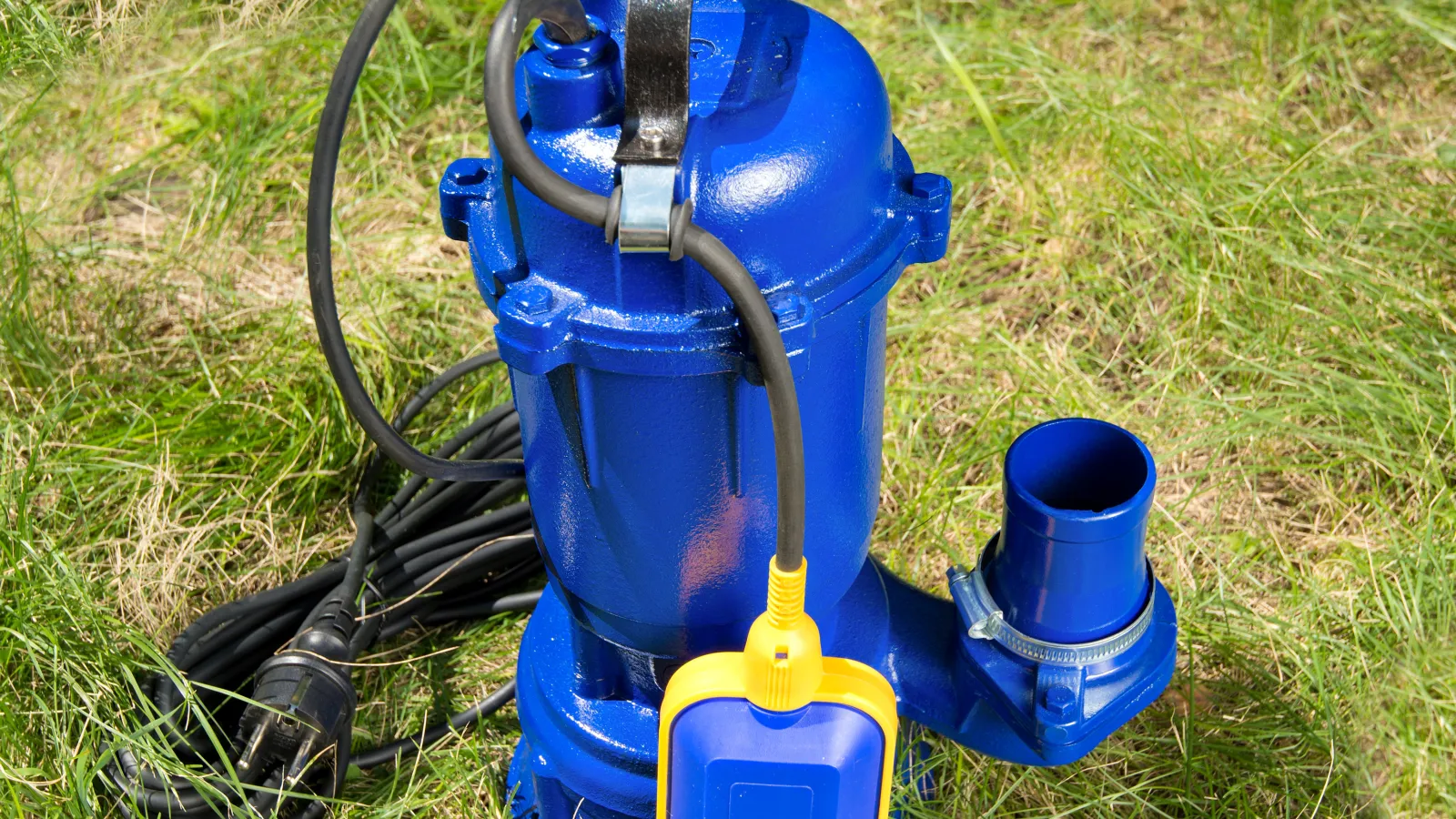
Expert Septic Lift Station Services in Atlanta, GA
Expert installation, maintenance, and repair services for residential and commercial wastewater pumping systems
Schedule Service Today
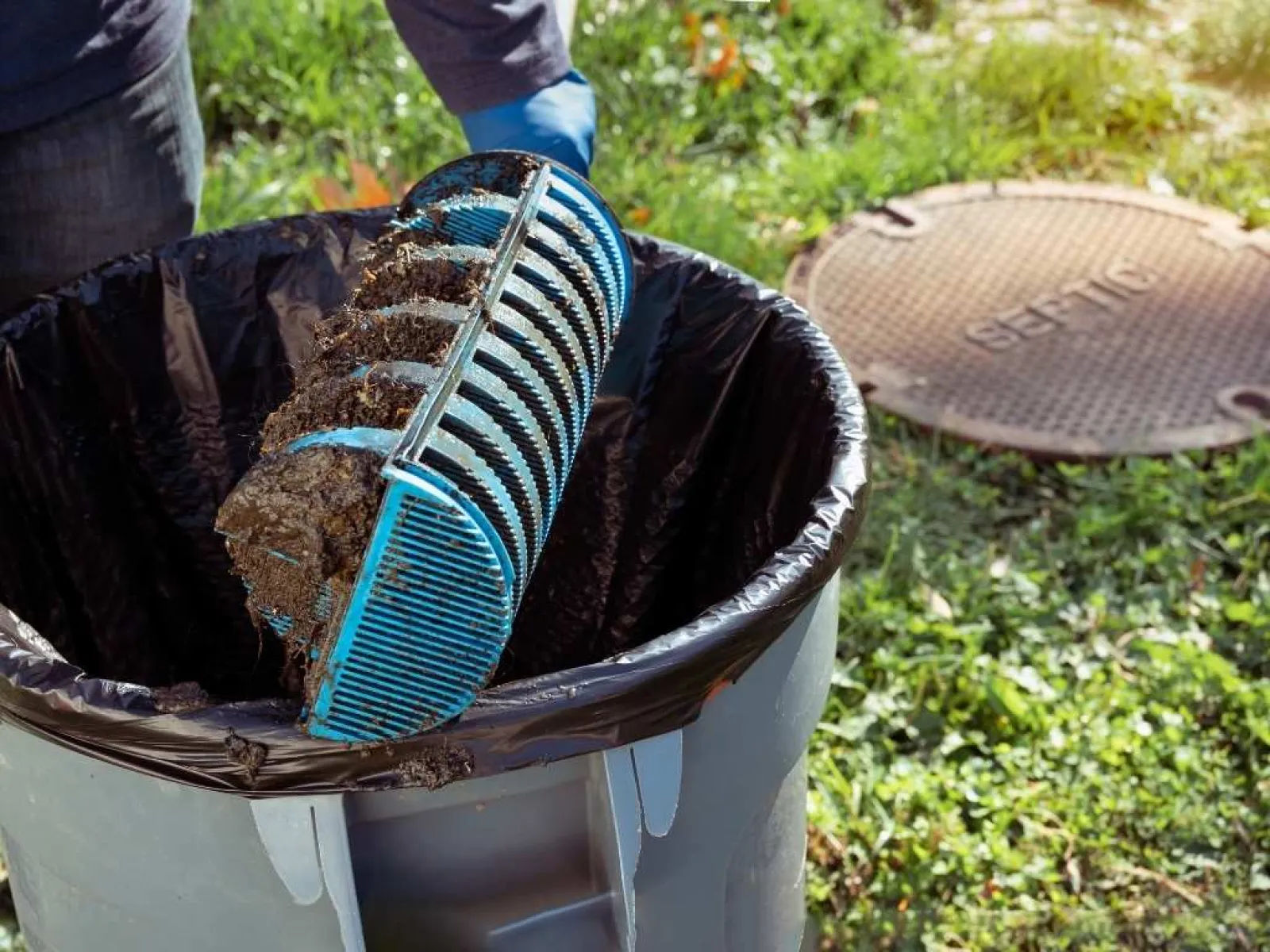
Understanding Septic Lift Station Systems
When gravity alone cannot move wastewater effectively from your property to the septic tank or municipal sewer connection, a septic lift station provides the mechanical assistance needed. These essential pumping systems ensure reliable wastewater transport in challenging terrain or when connections are located uphill from your property.
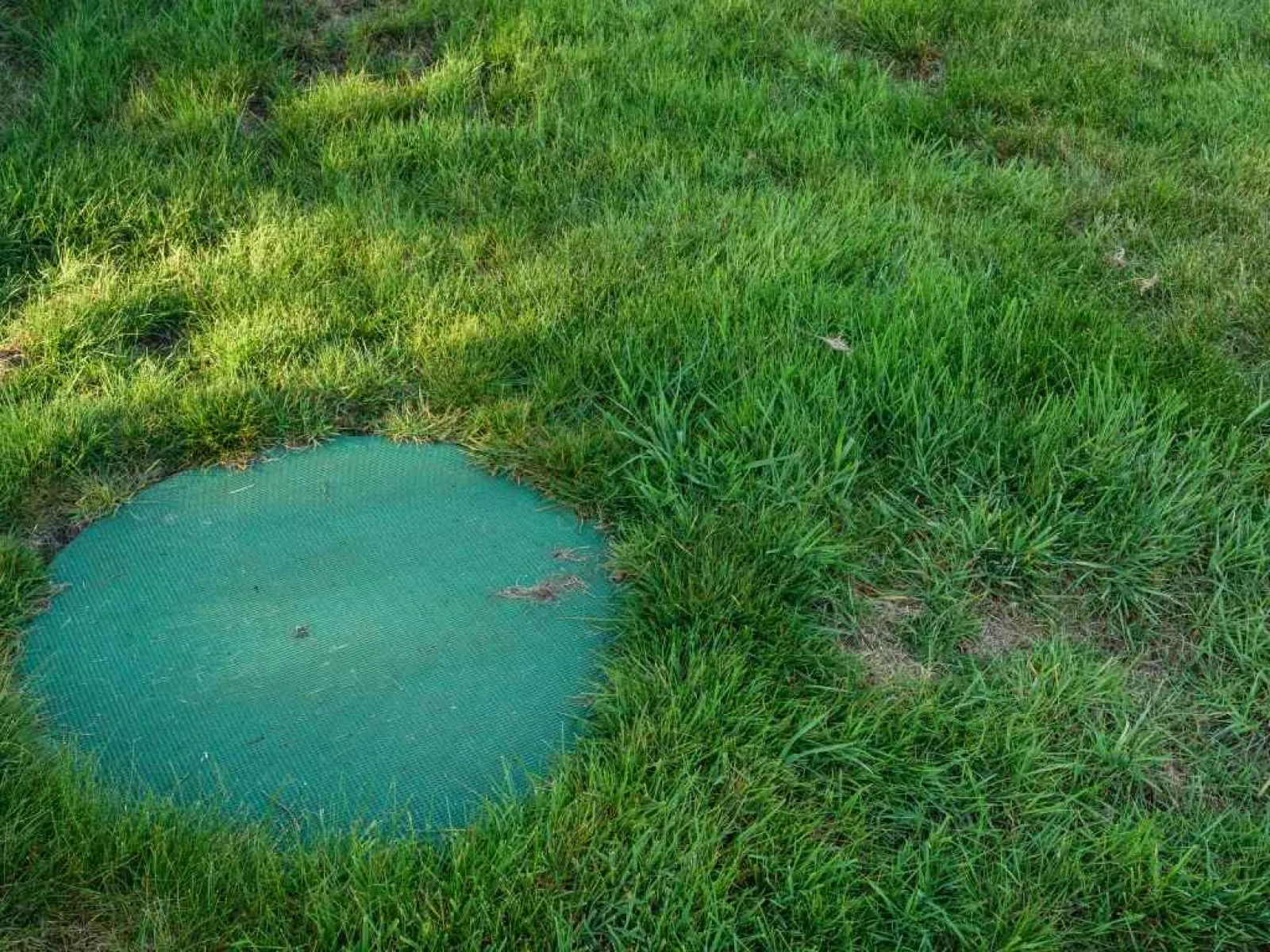
What Is a Septic Lift Station?
Key Components Include:
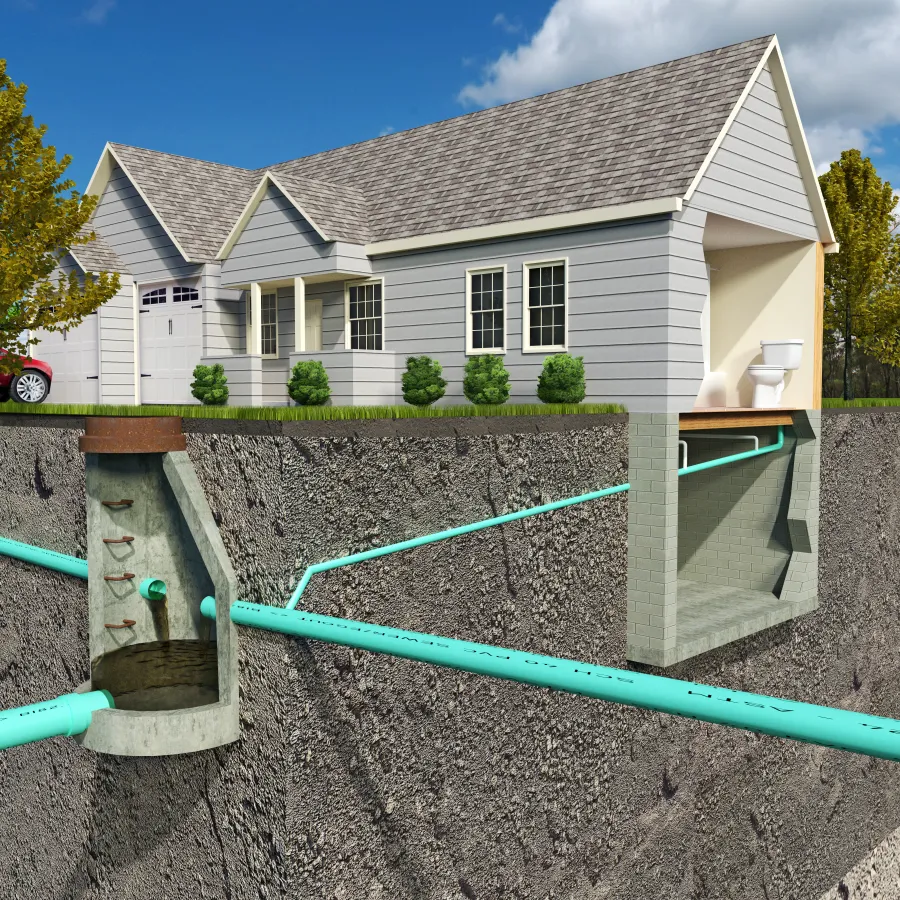
When Your Property Needs a Lift Station
Challenging Terrain Conditions Properties with uphill septic systems, downhill homes, or long horizontal distances to the main sewer line often require pumping assistance to move wastewater effectively.
Municipal Sewer Connections Many homes connecting to city sewer systems need lift stations when the main sewer line is located higher than the home's plumbing or at significant distances.
Basement Bathroom Additions Adding bathrooms below the main sewer line level typically requires a sewage ejector pump or lift station to move waste upward to the gravity flow system.
Commercial Applications Restaurants, office buildings, and other commercial properties often use grinder pump systems to handle higher volumes and tougher waste materials.
Warning Signs Requiring Immediate Attention
Alarm System Activation
Red warning lights or audible alarms indicate high water levels, pump failures, or electrical problems requiring immediate professional evaluation.
Sewage Backup Issues
Water backing up into basement fixtures, slow draining throughout the home, or gurgling sounds from drains often indicate pump station problems.
Unusual Noises or Odors
Grinding sounds, continuous pump operation, or strong sewage odors near the pump chamber suggest mechanical issues needing prompt attention.
Visible System Problems
Standing water around the pump chamber, electrical panel issues, or damaged above-ground components require professional assessment.
Frequently Asked Questions
How long do lift station pumps typically last?
With proper maintenance, quality pumps generally provide 10-15 years of reliable service, though usage patterns and water quality can affect lifespan.
What causes pump station failures?
Common causes include electrical issues, float switch problems, pump wear, foreign objects in the system, and lack of routine maintenance.
How often should pump stations be serviced?
Most residential systems benefit from annual professional inspections, while commercial installations may require more frequent service based on usage.
What should I do if my pump alarm activates?
Reduce water usage immediately and contact professional service. Avoid using fixtures until the system is evaluated to prevent overflows.
Can I perform any maintenance myself?
Homeowners should only perform basic tasks like alarm testing. All electrical work, pump servicing, and chamber access should be handled by licensed professionals.
How much does pump station repair typically cost?
Repair costs vary widely based on the specific problem, from simple float switch adjustments to complete pump replacements. We provide transparent estimates before beginning work.
